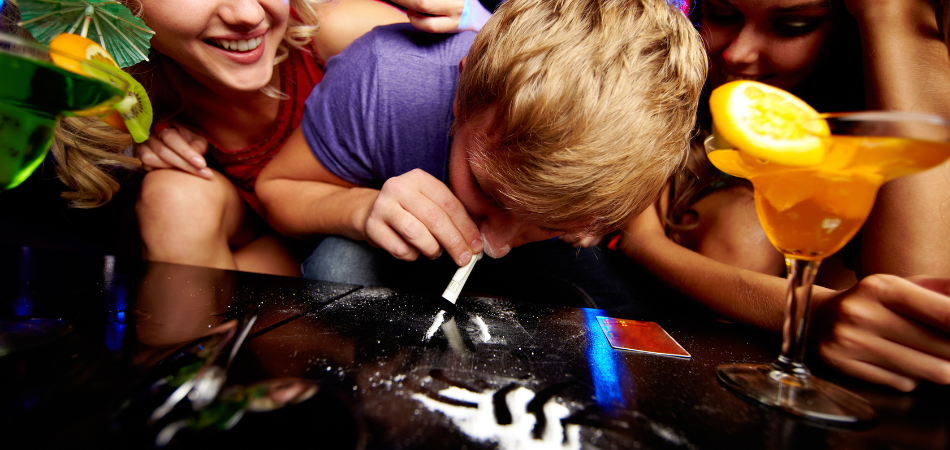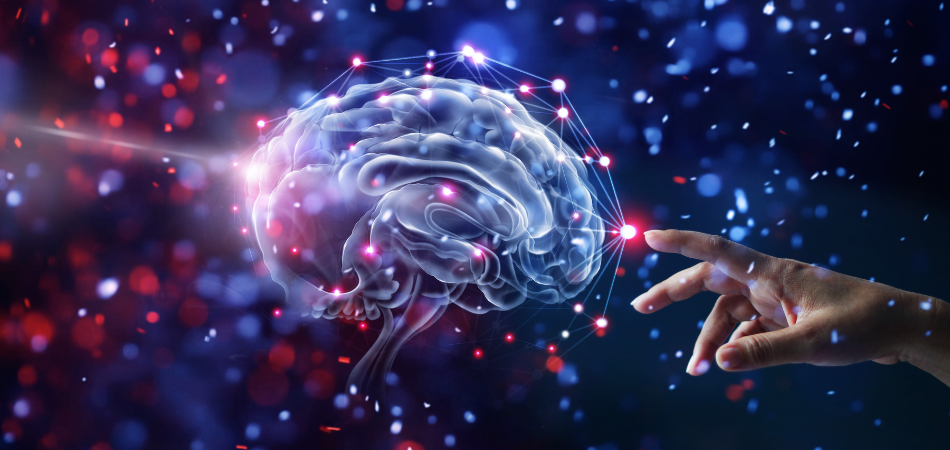Mephedrone first burst into the public consciousness at the end of the first decade of the 2000s. It was a headline news sensation in the UK for a brief period, acquiring a notorious reputation as a dangerous “legal high”. Sold under various street names like “meow meow” and “M-Cat”, mephedrone was initially marketed as a safer alternative to other stimulants but this perception was dangerously misleading. Mephedrone addiction can have devastating consequences and, without the right treatment and support, can potentially even be lethal.
What is mephedrone?
Mephedrone, chemically known as 4-methyl methcathinone (4-MMC), is a synthetic stimulant that belongs to the cathinone family, which is related to amphetamines and ecstasy. It originated from illegal laboratories, primarily in China and Eastern Europe, and was initially legal because its novel chemical formula meant it had not yet been classified as a controlled substance.
Mephedrone increases the levels of dopamine and serotonin in your brain, which are chemicals that create a positive mood and feelings of pleasure. Mephedrone effects are often described as being like a mixture of ecstasy and cocaine and including euphoria, chattiness, heightened sense perceptions and increased confidence and sociability. These effects have made it a popular party drug, especially when it was legal in most countries, with producers often tweaking its molecular structure to evade drug laws.
What is mephedrone addiction?
Mephedrone addiction is a chronic condition that causes an uncontrollable urge to use the drug even though you know it is harming you.
Like all forms of legal high addiction, the process often begins subtly, with occasional recreational use at parties or clubs for mephedrone’s pleasant effects. However, these short-lived effects often lead users to take repeated doses. This frequent redosing can build tolerance, which means you have to take more and more mephedrone to feel its effects, eventually leading to a complete physical dependency.
Psychologically, this can be reinforced by the drug’s impact on your mood and energy, leading you to become reliant on mephedrone to feel good or to deal with daily stresses and emotional lows. At this point, mephedrone use can completely consume your life with everything else losing all significance.
Mephedrone abuse and addiction in the UK
Mephedrone appeared in the UK in the late 2000s and quickly became popular among young people looking for a legal and powerful alternative to drugs like cocaine and ecstasy. At that time, you could find mephedrone easily and cheaply online or in head shops, where it was labelled as plant food or bath salts. The drug was a huge hit at parties and clubs and was also used for mephedrone chemsex due to its effects on libido.
UK authorities were caught off guard by how fast mephedrone spread and at first, people didn’t realise how dangerous it was. However, when the media began to cover tragic stories of young people dying as a result of mephedrone abuse, there was widespread public concern.
In response, the UK government made mephedrone a Class B drug in April 2010, making it illegal to produce, sell or possess it. This action saw a two-third reduction in mephedrone abuse in the following two years which saw many other countries follow suit.
Despite this, mephedrone abuse and addiction continue to be an issue in the UK and elsewhere with potentially life-shattering consequences.
How to spot mephedrone addiction signs
It can be difficult to spot mephedrone addiction signs as the drug looks and acts a lot like other stimulants. However, some common signs that somebody may have a problem include:
- Feeling a powerful urge to use mephedrone, even when it causes problems in your life
- Skipping work, school or family time because you’re focused on using mephedrone
- Becoming more anxious, paranoid or aggressive, especially when you can’t get the drug
- Physical signs include rapid weight loss, frequent nosebleeds from snorting mephedrone, dilated pupils and extreme sweating
- Feeling anxious, depressed or having big mood swings when you haven’t taken mephedrone for a while
- Spending a lot of money that you can’t afford on mephedrone
- Doing dangerous things, like having unprotected sex or driving while high on mephedrone
- Not sleeping for days due to constant mephedrone use

Common risk factors for mephedrone addiction
Several factors can increase the risk of becoming addicted to mephedrone, and these can vary from person to person. Knowing what these factors are can help you or a loved one recognise and address them before they lead to more serious issues:
The dangerous side effects of mephedrone addiction
Mephedrone abuse and addiction can seriously harm your body and mind, sometimes even leading to fatal consequences. It is important that anyone using mephedrone is aware of these to be aware of these dangers and seeks help if they become addicted:
- Heart problems: Mephedrone can cause heart palpitations, high blood pressure and heart attacks, and some people have even died from heart issues after using mephedrone.
- Kidney damage: Prolonged mephedrone abuse can lead to potentially fatal kidney failure, as the drug can cause severe dehydration and overheating.
- Liver damage: Mephedrone can harm your liver, especially if you are using other substances too.
- Nasal damage: Snorting mephedrone can damage your nasal passages, leading to chronic nosebleeds and sinus problems.
- Weight loss: Using mephedrone a lot can make you lose weight at a dangerous rate.
- Anxiety: Users often feel very anxious, which can become a constant issue over time.
- Paranoia: In extreme cases, mephedrone can make you feel paranoid and believe that people are out to get you or that you’re being watched.
- Depression: Coming down from mephedrone can leave you feeling extremely low and even suicidal.
- Psychosis: In some cases, long-term use can cause psychotic episodes where you lose touch with reality, experiencing hallucinations and delusions.
Treatment for mephedrone addiction
Due to its history with the drug, the UK has some of the best options for mephedrone addiction treatment in the world. This will usually involve a combination of detox to get the drug out of your system, legal high rehab to deal with the psychological aspects and relapse prevention strategies to help you stay clean in the long run. This is available for free on an outpatient basis through local NHS rehab services and private addiction treatment centres nationwide.
Get help for mephedrone addiction today
If you or someone you care about is struggling with mephedrone addiction, take your time to seek support. We have a directory of leading rehab centres and can help you refer yourself for treatment. Get in touch with us today to explore your options, and we can help you get the help you need.
Call our admissions line 24 hours a day to get help.
(Click here to see works cited)
- Ghodse, Hamid. “Suspected and confirmed fatalities associated with mephedrone (4-methylmethcathinone, “meow meow”) in the United Kingdom.” PubMed, 2012, https://pubmed.ncbi.nlm.nih.gov/22926609/. Accessed 19 May 2024.
- GOV.UK. “UK calls for international action on mephedrone.” GOV.UK, 13 March 2014, https://www.gov.uk/government/news/uk-calls-for-international-action-on-mephedrone. Accessed 19 May 2024.
- UK Addiction Treatment Centres. “Mephedrone Addiction | Mephedrone Abuse Signs and Symptoms | UKAT.” UK Addiction Treatment Centres, 4 January 2024, https://www.ukat.co.uk/addiction/legal-highs/mephedrone/. Accessed 19 May 2024.
- Zaami, S. “Mephedrone related fatalities: a review.” PubMed, 2015, https://pubmed.ncbi.nlm.nih.gov/26502870/. Accessed 19 May 2024.







